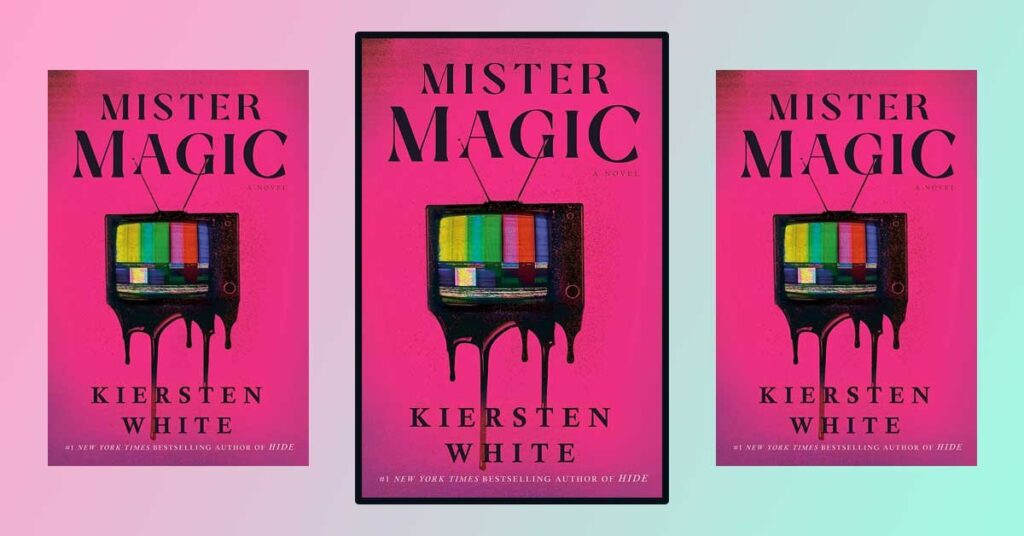
Synopsis: Mister Magic
Thirty years after a tragic accident shut down production of the classic children’s program Mister Magic, the five surviving cast members have done their best to move on. But just as generations of cultishly devoted fans still cling to the lessons they learned from the show, the cast, known as the Circle of Friends, have spent their lives searching for the happiness they felt while they were on it. The friendship. The feeling of belonging. And the protection of Mister Magic.
But with no surviving video of the show, no evidence of who directed or produced it, and no records of who—or what—the beloved host actually was, memories are all the former Circle of Friends has.
Then a twist of fate brings the castmates back together at the remote desert filming compound that feels like it’s been waiting for them all this time. Even though they haven’t seen each other for years, they understand one another better than anyone has since.
After all, they’re the only ones who hold the secret of that circle, the mystery of the magic man in his infinitely black cape, and, maybe, the answers to what really happened on that deadly last day. But as the Circle of Friends reclaim parts of their past, they begin to wonder: Are they here by choice, or have they been lured into a trap?
Because magic never forgets the taste of your friendship. . . .
See Josh’s review of Mister Magic HERE.
The Interview
Josh Hanson: I’d like to start by talking genre. Both Mister Magic and Hide have similar kinds of contemporary folk-horror structures, with a group of people manipulating something supernatural for their own benefit. What is it that draws you toward folk-horror? What does it allow you to do?
Kiersten White: I’m of the firm belief that the scariest monster is always people. The things we’re willing to do to others, the things we’re willing to let happen. So for me, the supernatural element in my horror always exists to amplify the human element. Horror is—at its best—a deeply honest genre, telling truths that we’d rather look away from. And the supernatural elements let me tell true stories, but exaggerated and at an angle. This allows for a greater span of interpretation. People can either enjoy them at face value or look deeper at what I’m actually talking about. Either way of reading is fine with me; it’s all part of the fun of horror.
JH: I really appreciate the mileage Mister Magic gets out of the kind of Mandela Effect mystery surrounding the show that might or might not exist. And then I was even happier when the book seemed to recognize that this so-called Mandela Effect might just be a great name for the way childhood memory works. Like, we’re all walking around with half-remembered, sometimes false memories. Do you see this realization as a source of horror? A simple fact? What would you like to say about memory and how it works in Mister Magic?
KW: I grew up with four siblings all close in age, all raised in the same household and religion, and one of the most interesting things about reminiscing as adults is we all still had entirely different childhoods. Something I might remember as happy someone else remembers as traumatic, or vice versa. For years I was convinced my first memory was when my middle sister was born and I was only two. I pointed to this memory as the source of a lot of my trauma, the root of my childhood resentment toward her, you name it. And then one day I realized the memory couldn’t possibly have been from then because part of it was driving home on icy roads. My middle sister was born…in June.
Childhood memories are so often more about feelings than facts. They’re synthesized and combined and filtered. There’s nothing wrong with that, but also it means that oftentimes they’re also just straight up not true. And when you add in the haze of nostalgia—things were easier as a child, I was happier when I believed [my parents were perfect / in magic / in God / that the world made sense], if only I had [done this thing / not done this thing] everything would be different, etc—without recognizing how rigid a lot of childhood thinking and belief is, it can get complicated very quickly. That played heavily into Mister Magic.
JH: Without disparaging Hide, and what it accomplishes, I’d like to hear how you would describe the relationship between it and Mister Magic. It’s not necessarily a progression, but it strikes me that there are many themes (the folk horror element, the found family who all have distinct types, etc.) that these two books share. Is it completely unfair to say that Hide was the warm-up to what you were finally able to do and say in Mister Magic?
KW: While it’s true that every book is informed by what I’ve already written, and that I definitely couldn’t have written Mister Magic earlier in my career because I wasn’t ready to engage with the ideas in it, Hide and Mister Magic are about very different things. (I mean, besides a hide and seek competition in an abandoned amusement part and a tragic, mysterious children’s program.) Hide is about my rage as a mother of teenagers, looking at the world we’re giving them. And Mister Magic is about my rage for myself, looking at the world I was given as a child. The books are sisters, steeped in slightly different aspects of American and Millennial horror. Though Hide was definitely the easier of the two to write because it was slightly less emotionally fraught. My anger on behalf of my children is much less complex than my feelings for myself.
JH: I’d like to have a spoiler-y talk about that ending. I was going through contortions as it played out because it at first looked like our gang was simply going to reproduce the Mister Magic show, but then Val has a kind of realization that there’s something sour there, and I thought of that quote about how one cannot dismantle master’s house using the master’s tools. And then Val ends up taking on that role anyway, though obviously changed. I found this to be a wonderfully complex choice, and if I’m reading it right, it seems to walk back from the book’s absolute condemnation of the show, and thereby the Church. Is it putting words in your mouth to say that you are making concessions, recognizing that there is value there, even if it is in many ways mismanaged?
KW: I wouldn’t say I’m making concessions, I would say it’s wish fulfillment. Part of why I took so long to leave an oppressive religion was because it broke my heart to imagine all the vulnerable people I was leaving behind. I couldn’t get over the fear that I was abandoning them. But the thing is, churches like mine were specifically designed so that people like me—people who think differently, but specifically women—are literally powerless and institutionally prevented from making change within.
And that just absolutely sucks, because churches like the one I left have so much potential for good. They’re phenomenal at organizing, they have members who are wonderful and kind people desperate to do service, and they have so, so, so much money. (So much money.)
The idea of being able to take their power and use it for genuine, true compassion? To actually extend unconditional love to young minds and hearts everywhere? That’s the dream. And that’s the ultimate heartbreak, knowing that power is out there, buzzing and humming away, and people like me will never be able to use it. But I can write about it.
JH: What new books or authors are you reading right now that you find exciting and/or stimulating?
KW: This summer I discovered Argentinian horror and my brain will never be the same. Mariana Enríquez and Agustina Bazterrica are out there writing the most unflinching, brutal, and somehow still tender and real horror I’ve ever read. They reminded me to be brave and to write with fewer outside voices in my head. But also they’re just plain brilliant and horrifying and elegantly devastating and even if I weren’t a writer I’d be blown away by their work.
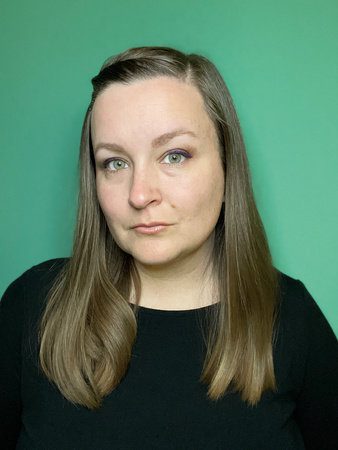
Author Bio
Kiersten White is the #1 New York Times bestselling, Bram Stoker Award-winning, and critically acclaimed author of many books for readers of all ages, including the And I Darken trilogy, the Sinister Summer series, the Camelot Rising trilogy, Star Wars: Padawan, Hide, and Mister Magic. Her books have been published in over twenty territories, and her novel HIDE is currently in development with Universal Television and Peacock.
Kiersten lives with her family in San Diego, where she can regularly be found pressing her hands against the glass of her back door, furtively whispering I love you to her deeply ambivalent tortoise, Kimberly.

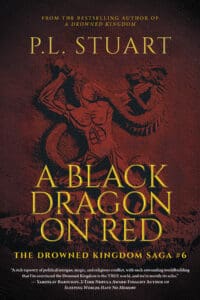
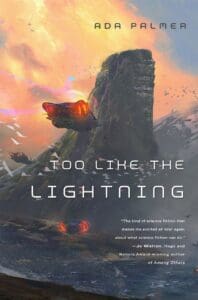
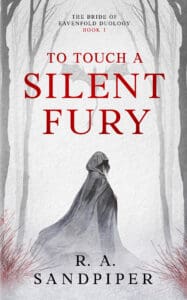
Leave a Reply